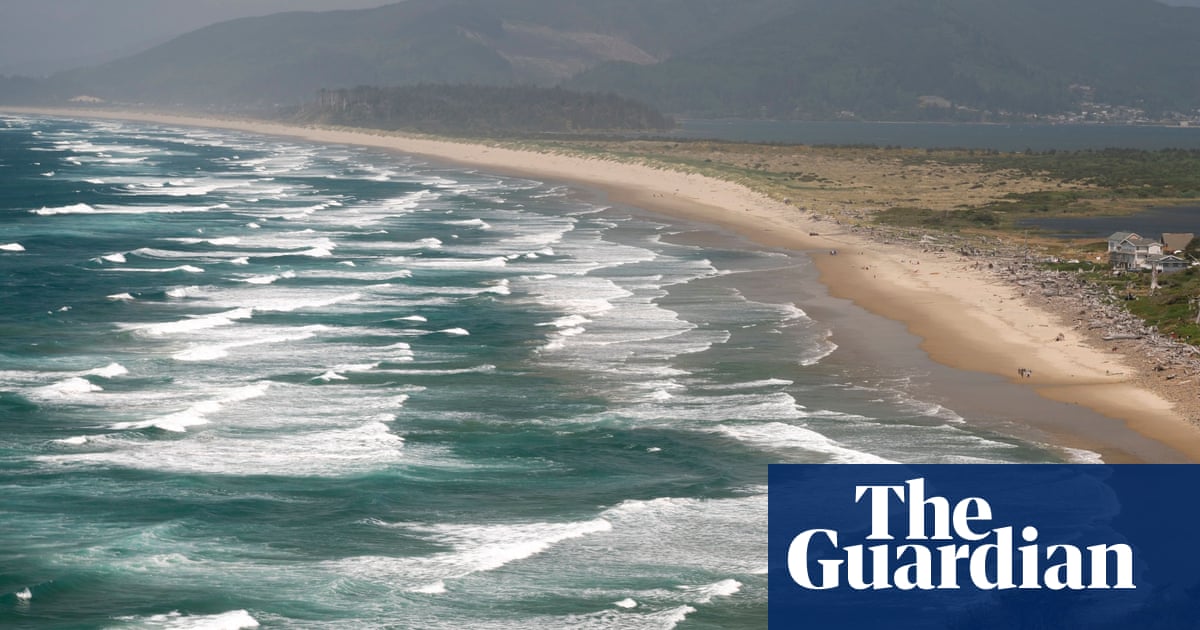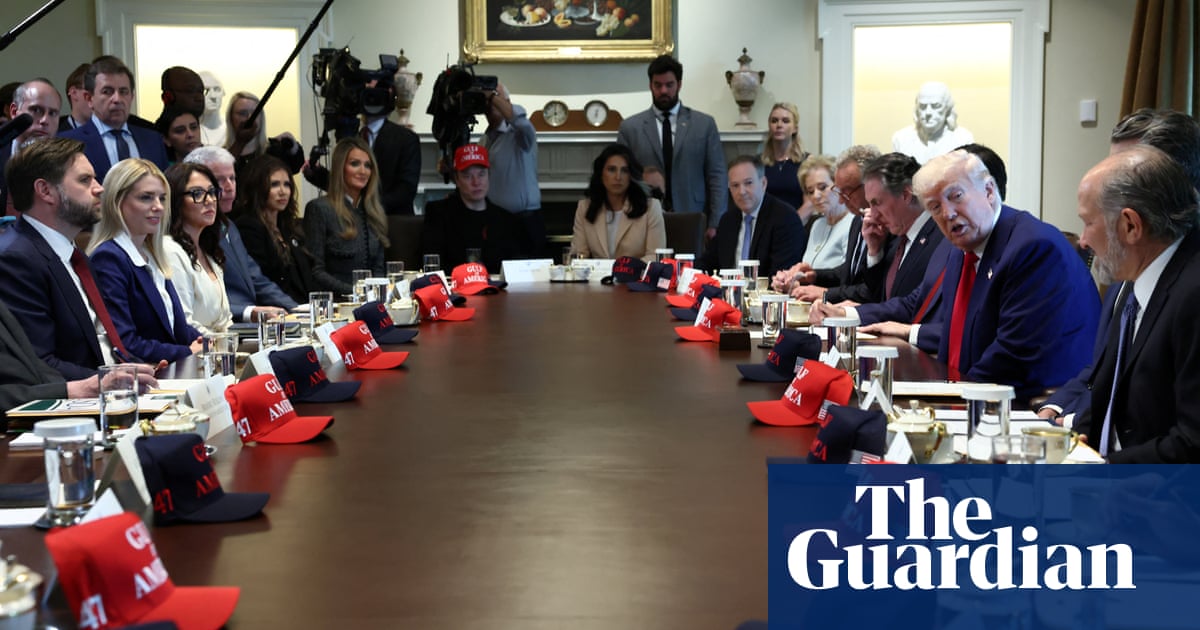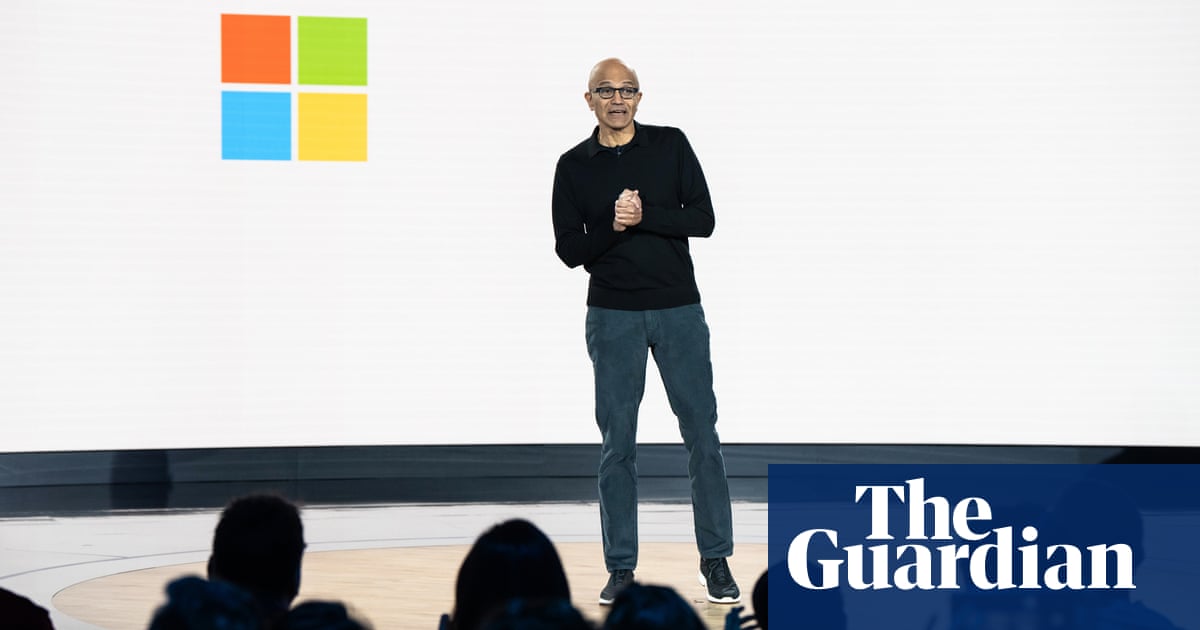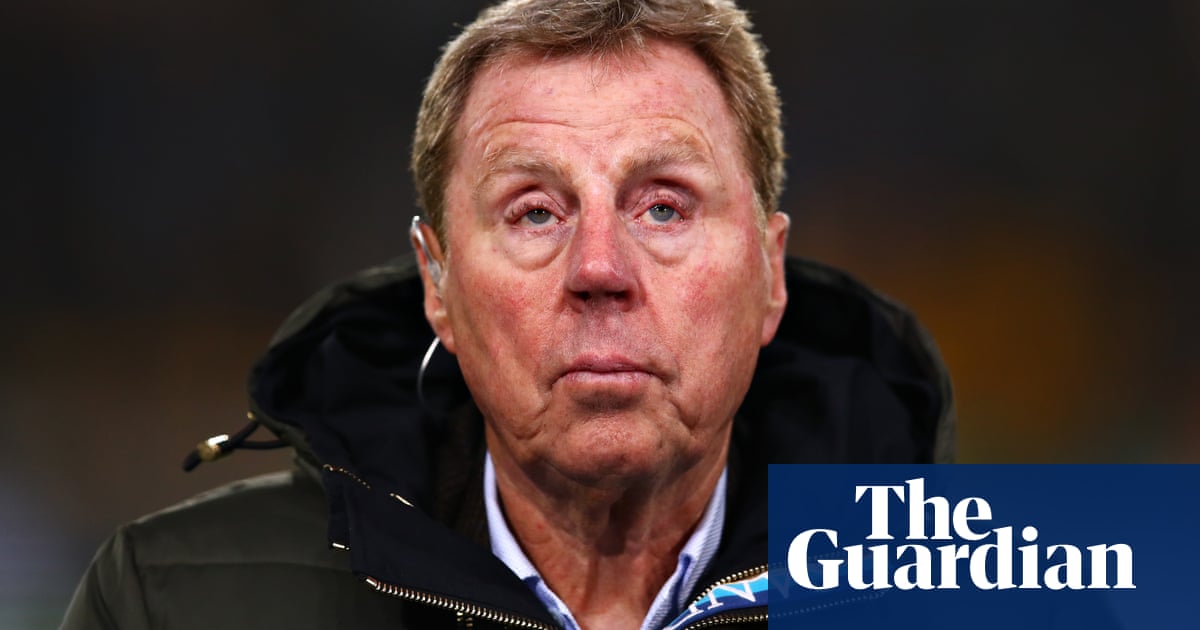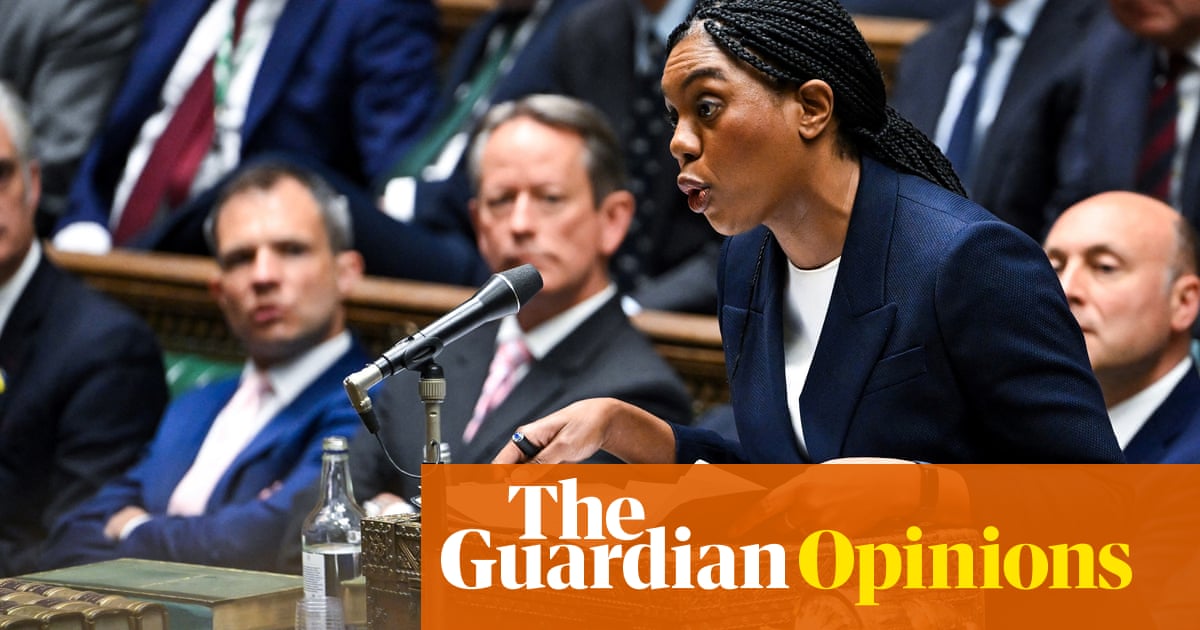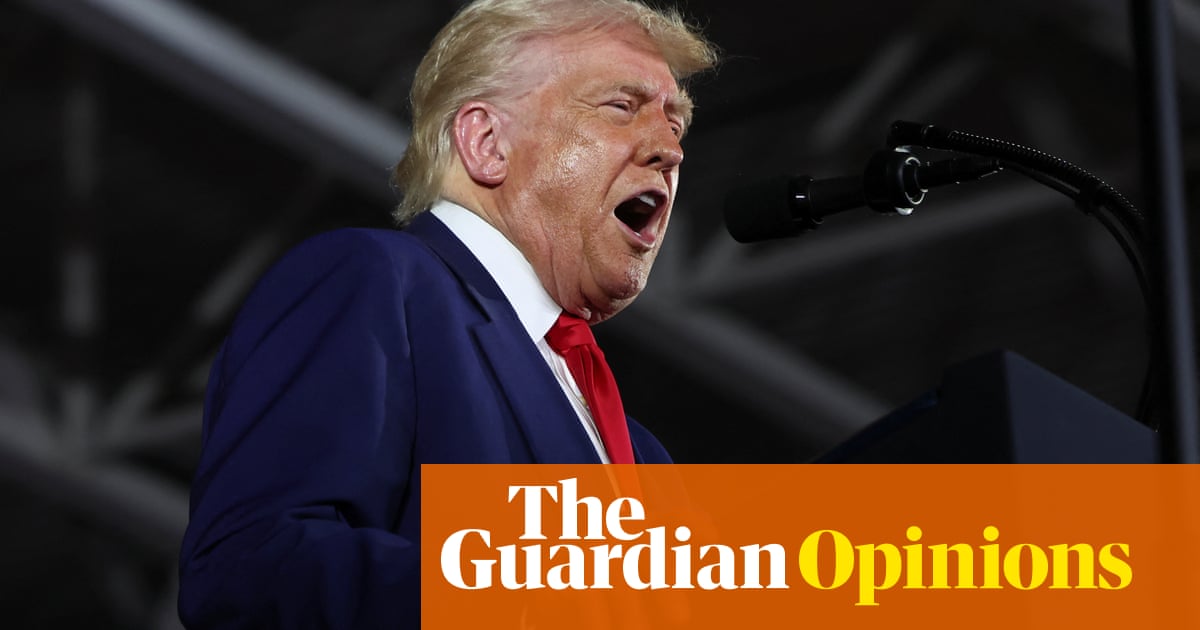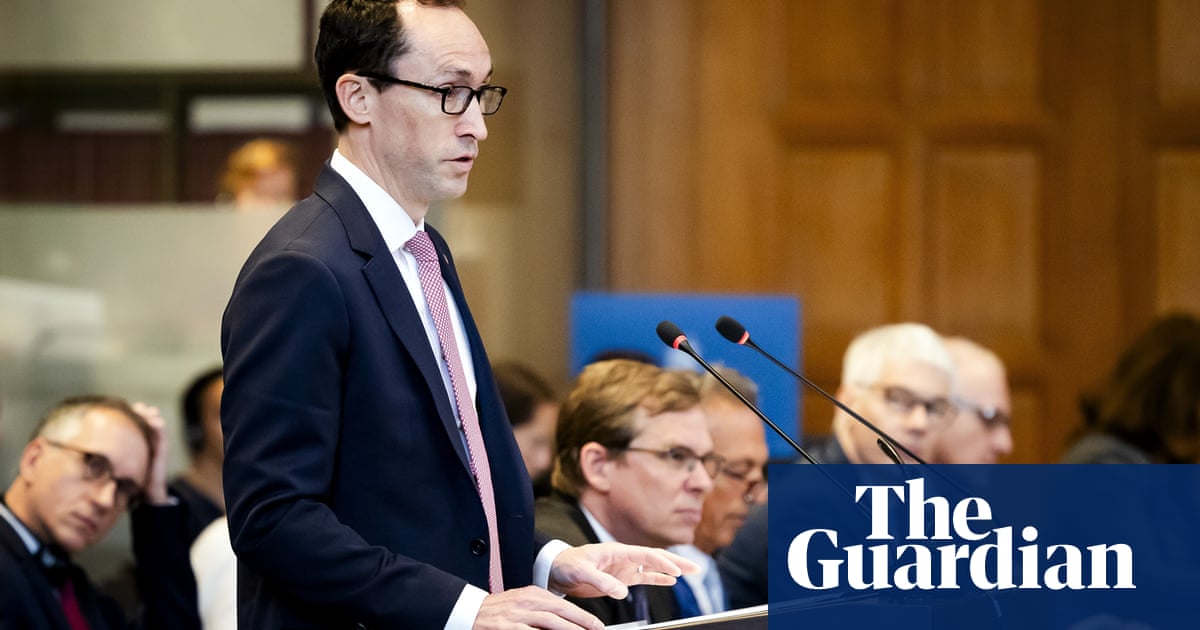After a snap election, weeks of breathless campaigning and a surprisingly close race, Mark Carney has been elected prime minister of Canada. It’s a win for Liberals, who were rightly nervous that former prime minister Justin Trudeau’s poor performance and late-stage missteps might cost them this election. But Carney’s win isn’t as comforting as it should be, especially when we look at all the events leading up to it.
It’s no secret that over the last decade, Canada’s image as a welcoming, pacifist, melting pot has completely unravelled, revealing a rightwing underbelly that has seen the rise of the “manosphere” and a deepening of its influences on young people, as well as a sharp increase in anti-immigrant sentiment and hate crimes. When it came down to this election, it was Trudeau’s forced resignation and people’s ability to credibly accuse the Liberal party of spending a decade basically twiddling their thumbs while the cost of living soared, that pushed Canadians to the right and helped the Conservative party coast to a near win.
Then Donald Trump won a second term in the US and in effect killed the Conservative party’s momentum here. His decision to impose 25% tariffs on Canada, alongside asinine threats to annex the country as America’s 51st state, fanned the flames of Canadian nationalism, turning voters against Conservatives. A Trump presidency now meant that this election was about who was going to protect us from the madman south of our border – and in that regard, Liberals had Conservatives completely beat.
Pierre Poilievre was endorsed by Elon Musk, publicly supported the 2022 Ottawa “freedom convoy” protests, has never openly condemned the Maga movement, and repeatedly parroted Trump talking points such as ending “woke ideology” (whatever that means), and promising to come down hard on academic institutions whose positions he disagrees with. Carney, on the other hand, has been vocally anti-Trump, and has been clear on the fact that “the possibility that Canada could be part of the US is not on the table and never will be”.
So if we understand Poilievre as the Trump-like figure he fashioned himself to be (although he’s really more of a Ron DeSantis at this point, as Drew Nelles noted), you can see why it’s so troubling that he came so close to winning, and why it will be hard to wash out the stench of his campaign or forget what it revealed about who Canadians are as a people right now.
Poilievre embraced baseless conspiracy theories about global elite cabals, attacked the media, has been conspicuously non-committal on the climate crisis, has repeatedly opposed vaccine mandates and praised the “manosphere”, all while indulging the very real fears and anxieties of Canada’s working class and using them as validation for his nonsense ideas. If he had any charisma, the shameless demagoguery might actually be noteworthy. Meanwhile, this is a candidate who before mid-January, was projected as the obvious winner of this election. We simply cannot un-ring that bell.
So when I say that Carney may have won, but Canada’s federal elections should make us all worried, that is no exaggeration. And even though he has developed a reputation as the guy you want around when there’s a crisis (Carney was the Bank of Canada’s governor from 2008 to 2013 and was praised for helping get Canada through the 2008 financial crisis, and became governor of the Bank of England from 2013 to 2020, where he was again pivotal in managing the economic fallout from Brexit), he still has the provincial governments to contend with on major issues such as healthcare and housing, as well as a volatile White House managing the affairs of our southern neighbours.
Carney said definitively last month that the old relationship Canada had with the United States is over, and that Canada would “need to dramatically reduce our reliance on the United States” and “pivot our trade relationships elsewhere”, doing “things previously thought impossible at speeds we haven’t seen in generations”.
And while it’s left to be seen how he will handle troublesome conservative provincial leaders and the multiple social issues left unaddressed in an abrupt campaign (the rights and wellbeing of Indigenous people and public funding, for one), it is clear that he has much to grapple with internally in the coming months, as he simultaneously navigates a radically new relationship with a country that was once one of our closest allies.
It may have been a stupid idea, but in all the ways that matter, Canada really has shown itself to be America’s 51st state – a slightly more polite extension of the same destructive far right we’ve seen growing throughout the west.
-
Tayo Bero is a Guardian US columnist

.png) 7 hours ago
3
7 hours ago
3

